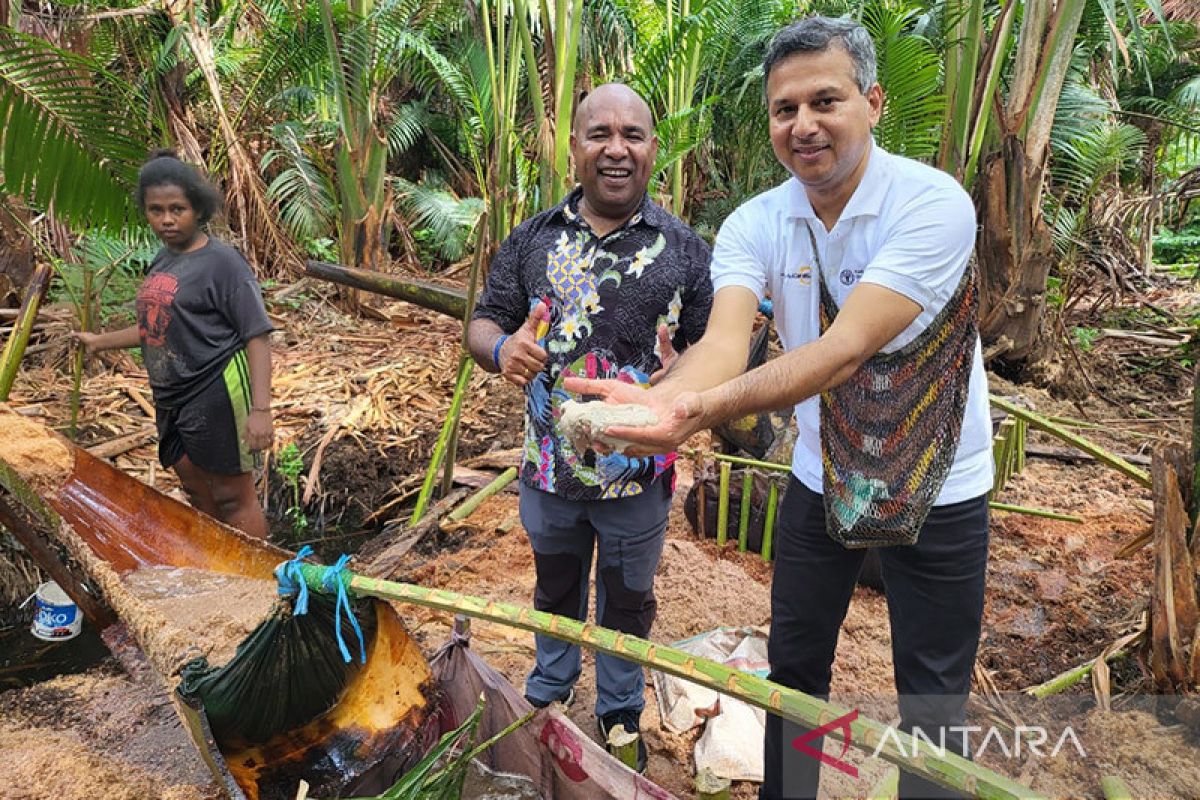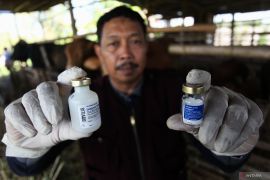"Today is the International Day of Forests. A time to look back at the essential role of forests to our life," the FAO representative in Indonesia and Timor Leste Rajendra Aryal noted through a press statement obtained here on Wednesday.
In commemorating the International Day of Forests, themed "Healthy Forest for Healthy People," Aryal drew attention to the myriad benefits that people stand to gain from forests.
He said forests provide a wide range of physical and mental benefits to people. Forests also protect the quality and quantity of water resources.
"They act as natural filters by absorbing and purifying water," he remarked.
Spending time in forests can reduce stress and anxiety levels. They are also ideal locations to engage in physical exercise. The natural environment can make exercise more enjoyable and sustainable, he stated.
Forests are home to a vast array of plant and animal species, including several that have medicinal properties.
Rural communities have long used these plants for their health benefits. Numerous modern medicines have been derived from forest species.
"It is estimated that around 820 million people live in tropical forests and savannahs in developing countries, including Indonesia," he noted.
"A high proportion of these people depend on forest goods and services for the provision of food, wood fuel, building materials, medicines, employment, and cash income," he pointed out.
In addition, millions of forest owners in developed countries benefit from a huge number of often small patches of forests they manage.
When smallholder farmers practicing agroforestry are included, then the total number of people considered as being forest dependent reaches around 2.5 billion.
"The role of forests in the health of these populations is significant. Forests provide food, livelihood, and income earning opportunities that contribute to food security and nutrition," he stated.
Furthermore, Aryal noted that Indonesia has one of the largest tropical forest areas in the world, spanning some 95 million hectares, or 236 million acres.
This forest area is spread across the country's numerous islands and covers half of the country overall.
Indonesia’s forests are home to several plant and animal species, including the critically endangered Sumatran tiger, orangutan, and Javan rhinoceros.
However, Indonesia's forests have been facing significant threats in recent decades, the representative pointed out.
The threats arise from deforestation, illegal logging, and forest fires, driven by agricultural expansion, logging, and mining activities.
He cited data from the Ministry of Environment and Forestry (MoEF) of Indonesia that showed the country's forest area had declined by around 6.02 million hectares (ha) between 2000 and 2020.
The rate of deforestation has been decreasing significantly in recent years, and from 2021 to 2022, the net deforestation was 113,000 ha, which was the lowest for over three decades.
He remarked that the Indonesian government has taken several measures to address deforestation and protect its forests.
The steps taken comprise a permanent moratorium on new licenses for primary forest and peatlands conversion and a national program to reduce greenhouse gas emissions from deforestation and forest degradation (known as REDD+).
However, he pointed out that despite these efforts, deforestation and forest degradation continue to be significant environmental challenges all across the globe.
“Forests have given us so much. We need to give back to our forests. The COVID-19 pandemic has given us an important reminder that humans, animals, and the environment are closely interconnected," he stated.
"Hence, by working together with the government, the FAO will work to face the challenges to contribute to make Indonesian forests sustainable. Healthy forests are essential for people’s health. It is indispensable," the FAO representative emphasized.
Related news: NTT works with FAO, three universities to tackle locust swarms
Related news: KSP proposes a collaborative climate change early warning system
Related news: FAO seeks potential cooperation to support Papuan farmers
Reporter: Katriana
Editor: Azis Kurmala
Copyright © ANTARA 2023












